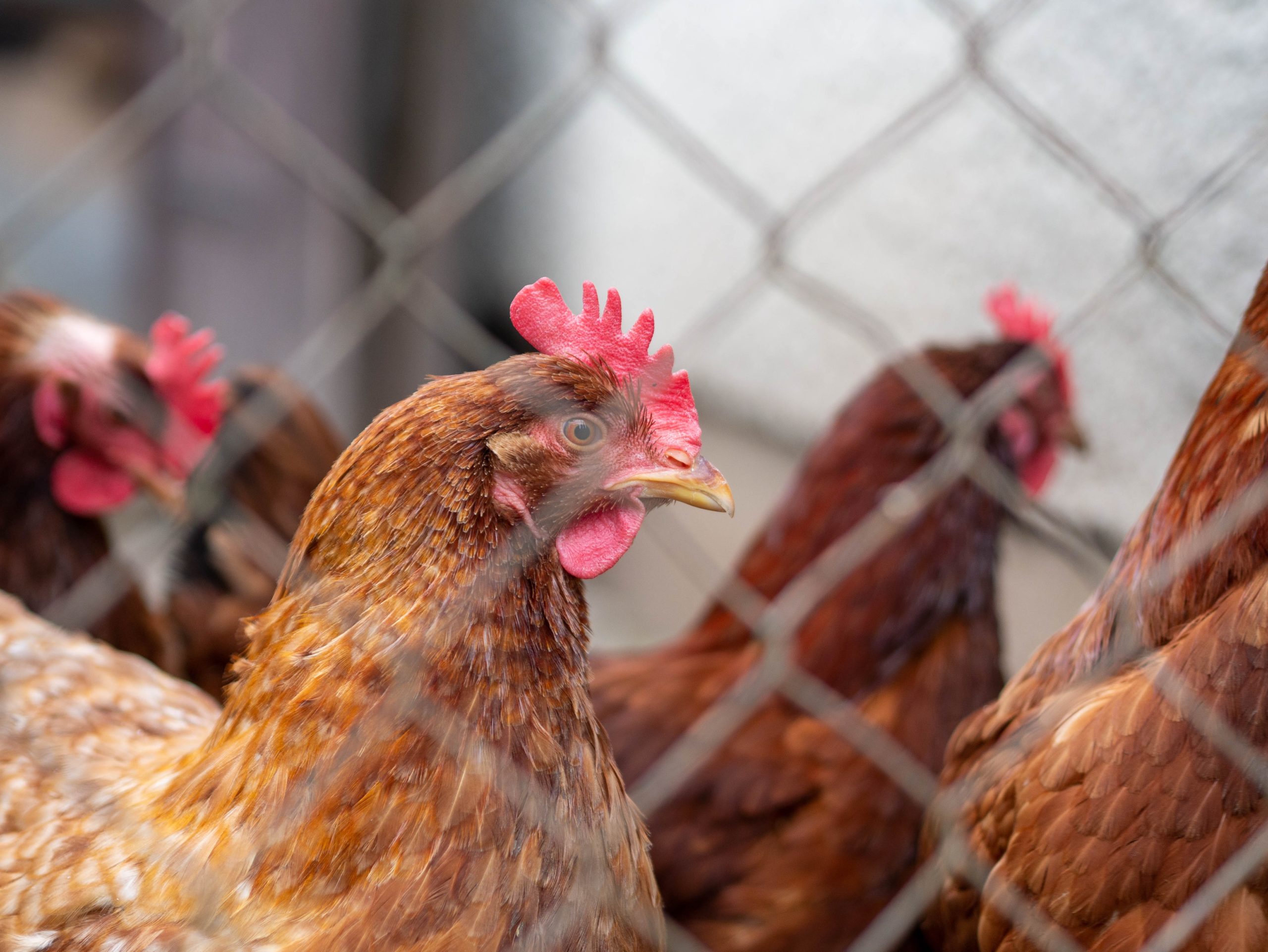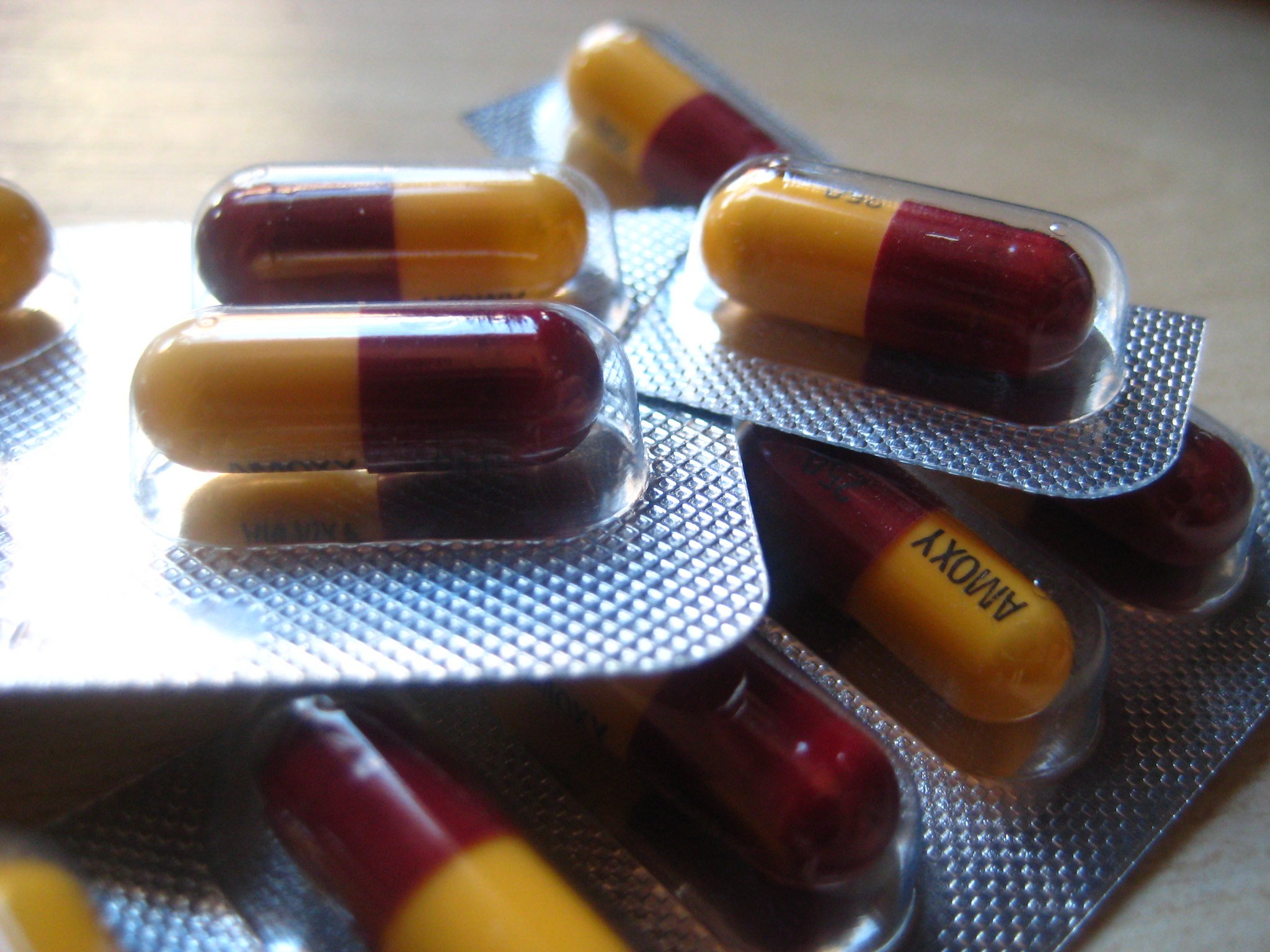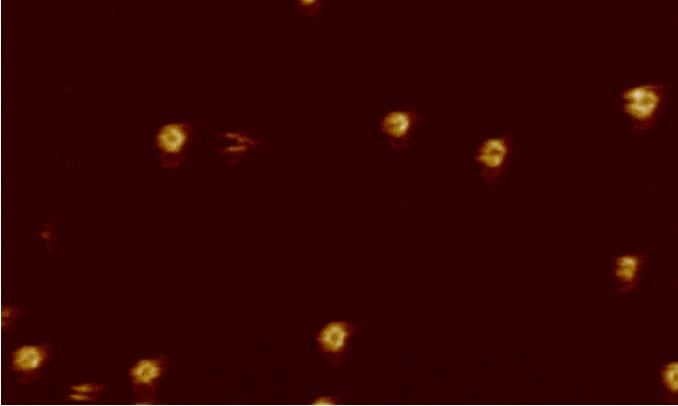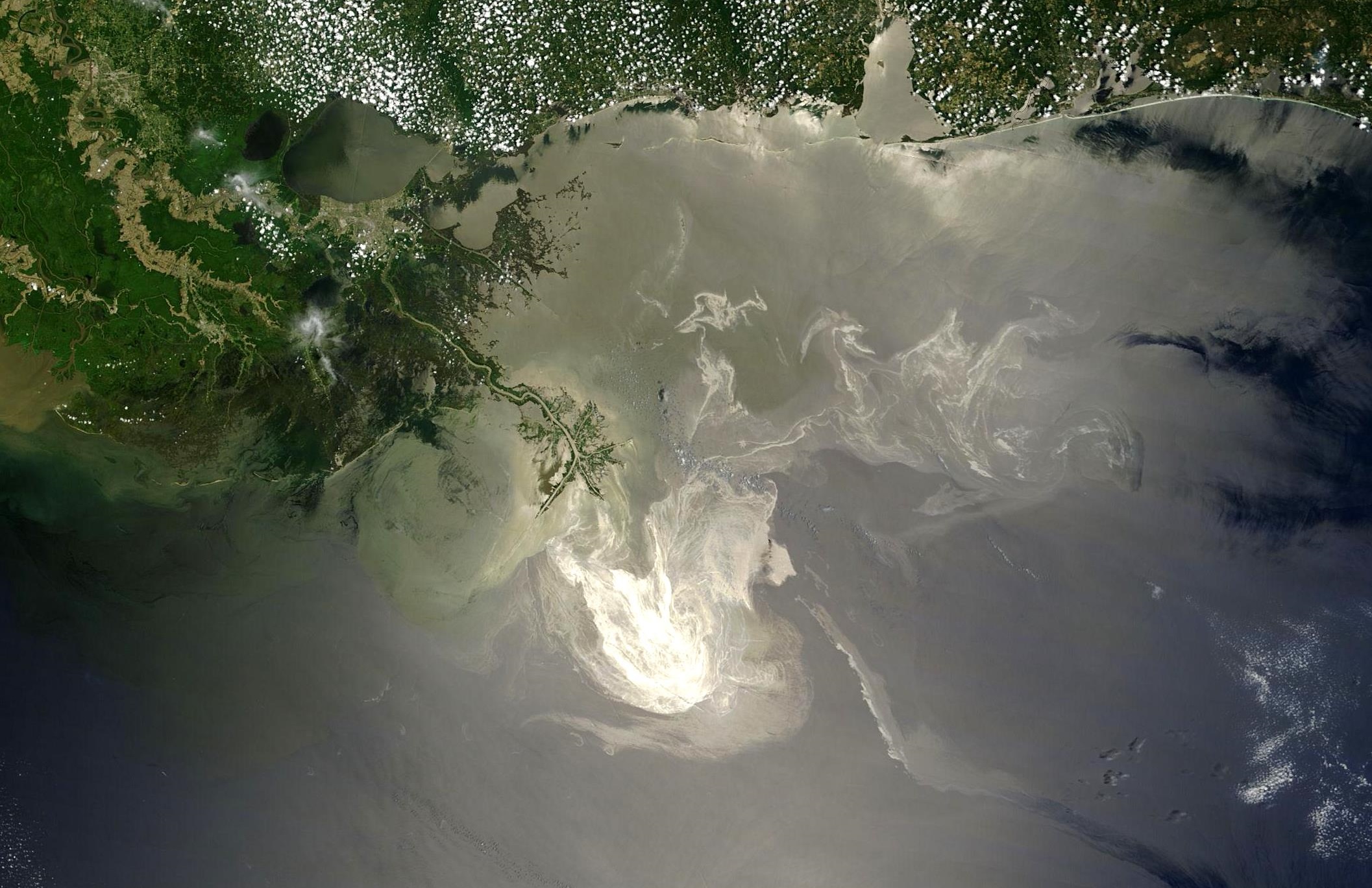Virus cocktails and ice guns could help to tackle food poisoning risk
Harmful bacteria found in chickens that can cause food poisoning outbreaks and devastate poultry flocks could be better controlled with innovative new solutions being developed by researchers. Bacterial infections are a major problem for poultry producers. Outbreaks of E. coli, for example, can spread quickly through a flock, resulting in high mortality and loss of … Read more




